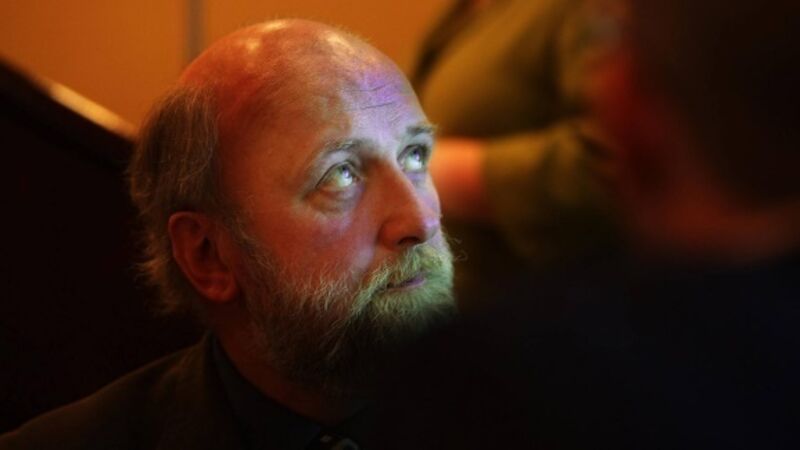Childrens’ charities call on next government to ‘Quadruple state spend on children’

The ramping up of spending, from €5m to €20m, would bring state spending in early years care and education up from just 0.2% of GDP to the OECD average of 0.8%.
Barnardos CEO Fergus Finlay said the call was conservative. “I think it’s petty cash in the overall scheme of things. I’d be a lot more ambitious and think we should switch 2% of GDP to this sector.”













